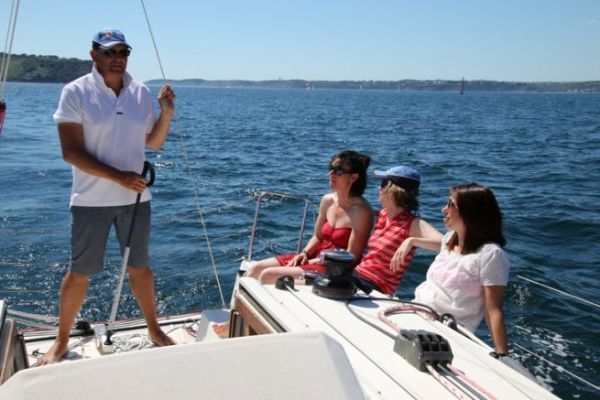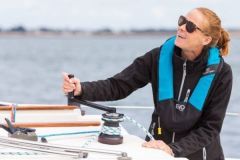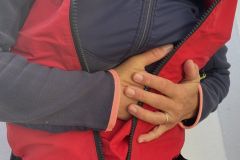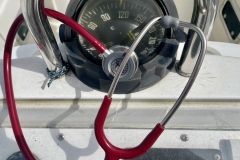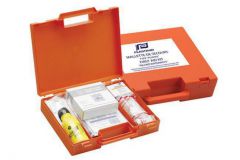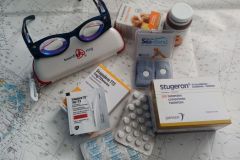The skipper's legal obligations
The skipper is legally responsible for the safety of those on board. In France, article 240-1.02 of Division 240, which governs safety on pleasure craft, stipulates that the skipper must ensure the safety of the crew and compliance with current regulations. This responsibility includes :
- The presence of a first-aid kit adapted to the type of navigation and the number of people on board.
- Knowledge of emergency call procedures in the event of a medical problem.
- The ability to make decisions to protect the crew's health.
In the event of proven negligence, the skipper can be held liable in court, particularly if a crew member suffers damage due to a lack of preparation or inappropriate intervention.
Three concrete situations on a sailboat
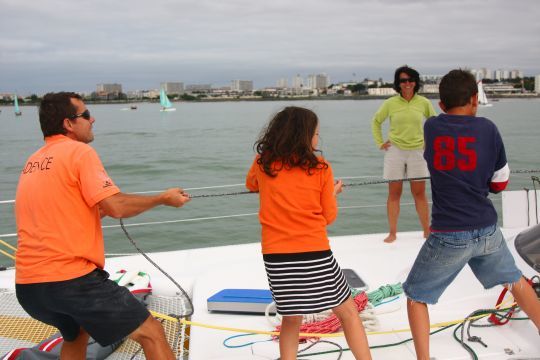
Family sailing:
Context a couple and their children set off on a summer cruise.
Potential problem a child suffers from severe seasickness.
Actions of the skipper know the factors that contribute to seasickness and take preventive action. Anticipate and take appropriate medication, with a specific dosage for children. Adapt the itinerary to allow time for rest if necessary. In case of difficulty, contact Toulouse Maritime Medical Consultation Center (CCMM) which can offer remote medical assistance.
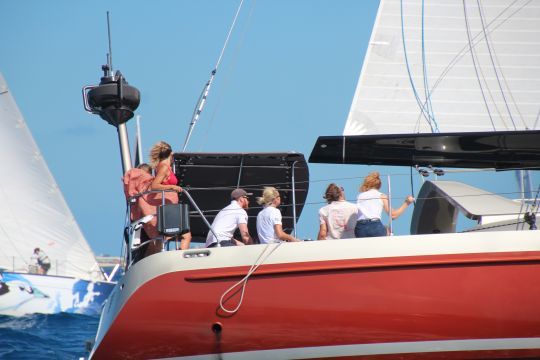
A trip with friends :
Context a group of friends embark on a week's sailing.
Potential problem a crew member suffers an allergic reaction to an insect bite.
Actions of the skipper assess the severity of the reaction. Seek advice from CCMM Toulouse who will provide precise medical recommendations. Have the right treatment on board and organize a stopover if necessary.
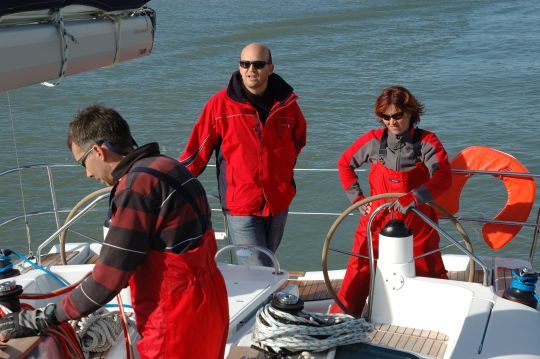
Boarding unknown crew members:
Context a skipper recruits crew members for a delivery trip.
Potential problem a team member has an unreported chronic pathology (diabetes, epilepsy, etc.).
Actions of the skipper before embarking, collect information on crew members' state of health and encourage them to take responsibility for their medication. Because of medical secrecy, crew members are not obliged to reveal their state of health, but it is advisable that they do so, possibly in writing in a sealed envelope to be opened only if necessary, if they wish to preserve medical secrecy. If an incident occurs at sea, immediately contact the CCMM Toulouse for appropriate medical assistance.
Tips for optimal preparation
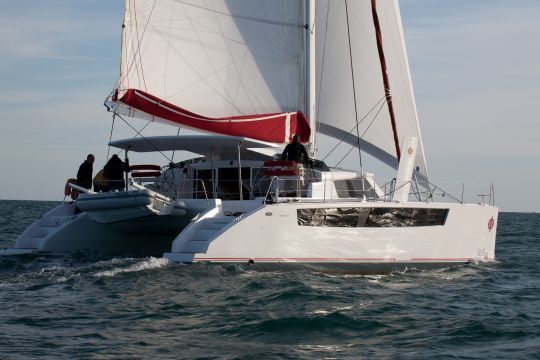
To reduce risks and ensure good health management on board, here are a few recommendations:
- Pre-departure health check medical information: Encourage crew members to share any relevant medical information, in sealed envelopes if necessary. Also make sure that everyone has their personal treatments. If the crossing is long, it's a good idea for each crew member to have informed his or her doctor about the trip, and to have had a medical and dental check-up. Send the individual medical form (available on the CCMM Toulouse ) before departure to facilitate and speed up intervention in case of need.
- Marine first aid training although training is not compulsory, it is essential for the skipper and strongly recommended for all crew members. In the event of health problems, care can be delegated to a trained crew member.
- A welcome pack in the calm before departure, it is important and prudent for the skipper to define and remind all crew members of the safety rules on board. Everyone needs to know where the emergency kit is located, how to call for help and what first-aid measures to take.
- How to warn at sea : To send a medical alert, we recommend using a VHF preferably a Fixed VHF to ensure optimum range and communication quality. If your VHF is equipped with a automatic emergency call system the alert will be sent on channel 70. Otherwise, send a PAN PAN PAN medical in case of emergency or MAYDAY MAYDAY MAYDAY in case of distress, on the canal 16 . In the event of inability to communicate by VHF or satellite phone, it is possible to trigger a emergency beacon .
You can also contact CROSS by satellite phone to number 196 (number for mainland France, Antilles, French Guiana and Reunion).
At the port, however, contact the 15 (SAMU) or the 112 land-based alert procedures. And abroad, alert the harbor master. - Adapted first-aid kits : Prepare a complete kit with analgesics, antiseptics, bandages, anti-seasickness medication, suture material and any specific treatment required. Consult your doctor and pharmacist for advice. You'll also need to pack an emergency kit, which you can access at any time.
- Keeping a logbook record all health incidents that occur on board, the care administered and the decisions taken. This enables you to monitor the progress of medical problems and to keep a record if necessary. It has legal value.
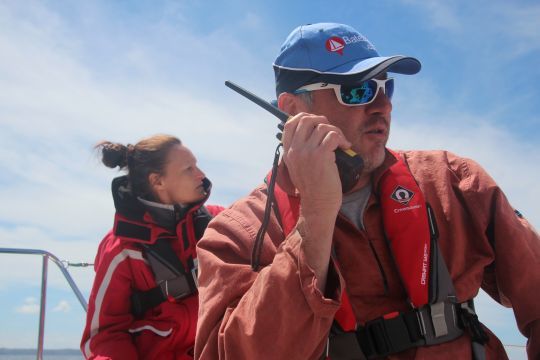
The skipper has a vital responsibility when it comes to crew health. Good preparation, constant vigilance and appropriate response can make all the difference in ensuring the safety and well-being of the crew.
Don't forget that CCMM Toulouse is always there to provide medical assistance at sea, and knowing the right alert procedures is essential in an emergency.
For more advice on preparing for and managing health on board, don't hesitate to ask about specialized training courses tailored to seafarers' health, as n aving peace of mind is all about being well prepared!

 /
/ 